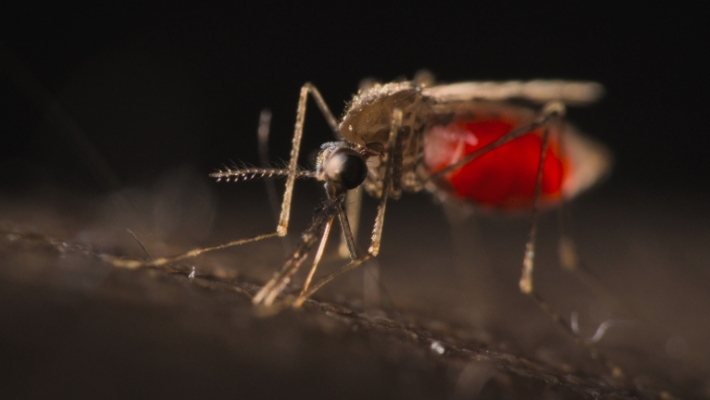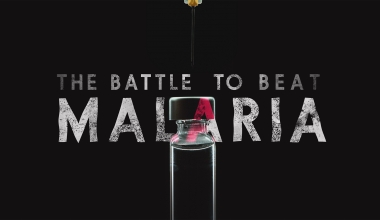
This special extended version of Wingspan's award-winning film, with extra animations and scenes with the scientists, reveals the process of vaccine development - from lab creation to roll-out - in the critical battle to reduce the burden of malaria.
Malaria has been plaguing humankind for centuries. Today, more than 200 million people fall ill, and 600,000 die of it every year – the vast majority of whom are children under 5 years old. An average of one child dies every minute from malaria. It is one of the world’s deadliest diseases, and one of the toughest to combat.
In the most endemic places, it doesn’t just ravage the health of a population - the workforce and economy are also crippled by its effects. It is a treatable disease, but too often treatment is too far away, not affordable, or too late. Prevention tools have increased in number and viability, but they’ve proved insufficient to stop the parasite from spreading from person to person. Just as with other diseases, we need vaccines to train the body to respond before treatment is required.
Scientists have been working on a vaccine for malaria for decades – over 140 have been trialled but only one has ever shown enough success to be approved for use. This alone is not enough to reach the scale required, and crucially it falls short of the efficacy targets set by the World Health Organization. More tools are required, above all more effective, affordable and available vaccines.
HORIZON: THE BATTLE TO BEAT MALARIA follows the story of a promising new vaccine called R21/Matrix-MTM. Led by Professor Sir Adrian Hill, a small team of scientists at The Jenner Institute – part of the University of Oxford, and the same team behind the Oxford/AstraZeneca COVID-19 vaccine – have been working on R21 for over a decade and are at last ready to reveal the results to the scientific community, and regulators, for approval.
But it’s not just about the science. Large scale manufacturing is needed to produce enough doses at low-cost prices. HORIZON: THE BATTLE TO BEAT MALARIA gains access to the Serum Institute of India, the world’s largest vaccine manufacturer, who have been supporting the Oxford team throughout clinical trials. We meet the CEO, Adar Poonawalla, who makes a high-risk gamble on producing millions of doses before regulatory approval, such is their belief in this new vaccine.
In Bagamoyo, Dr Ally Olotu – in charge of the R21 trials in Tanzania – guides us through the biological effect of malaria, as well as the personal toll this burden carries for him as a clinician, a scientist, and a father. The film also introduces a family of three generations of women, the youngest of whom, 3-year-old Farhiya, is a trial participant. Her mother Zuhura talks about the impact on the whole family’s wellbeing to seek treatment for malaria, whilst her mother, and Farhiya’s grandmother, Huba describes the pain of losing children to this deadly disease.
HORIZON: THE BATTLE TO BEAT MALARIA goes beyond the data and statistics to focus on the humanity of the scientists, doctors, manufacturers - to see the raw, emotional impact it has on these people trying to save millions of lives, as they comb through trial results and wait in anguish for regulatory approval. The science has got us this far, and as the film shows, it’s now up to governments, regulators, and financiers to get this rolled out to the tens of millions of children who need it – because ultimately vaccines don’t save lives, vaccination does.
A US version of the film was broadcast on PBS as part of the NOVA strand on the 15th November 2023. Read more about that here: The Battle To Beat Malaria. The film is viewable in the US on the PBS website and app. It is distributed worldwide by BBC Studios Distribution.


